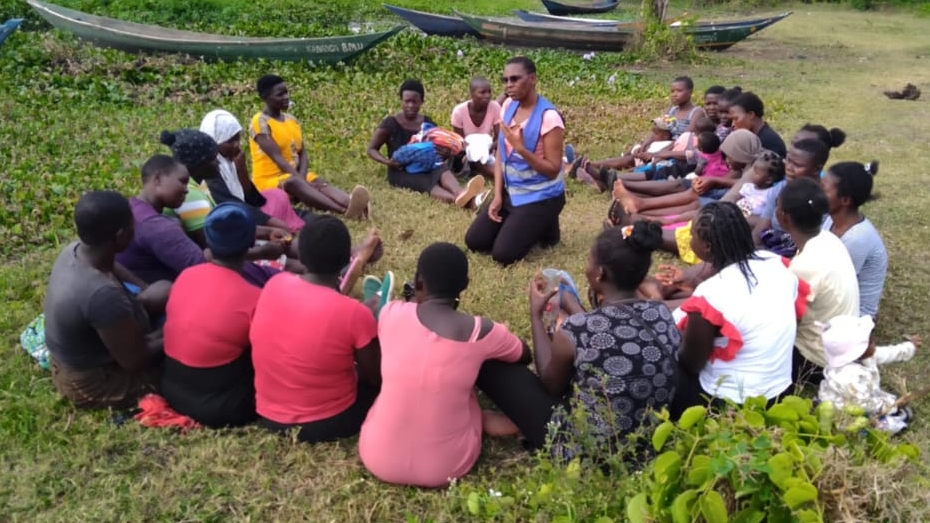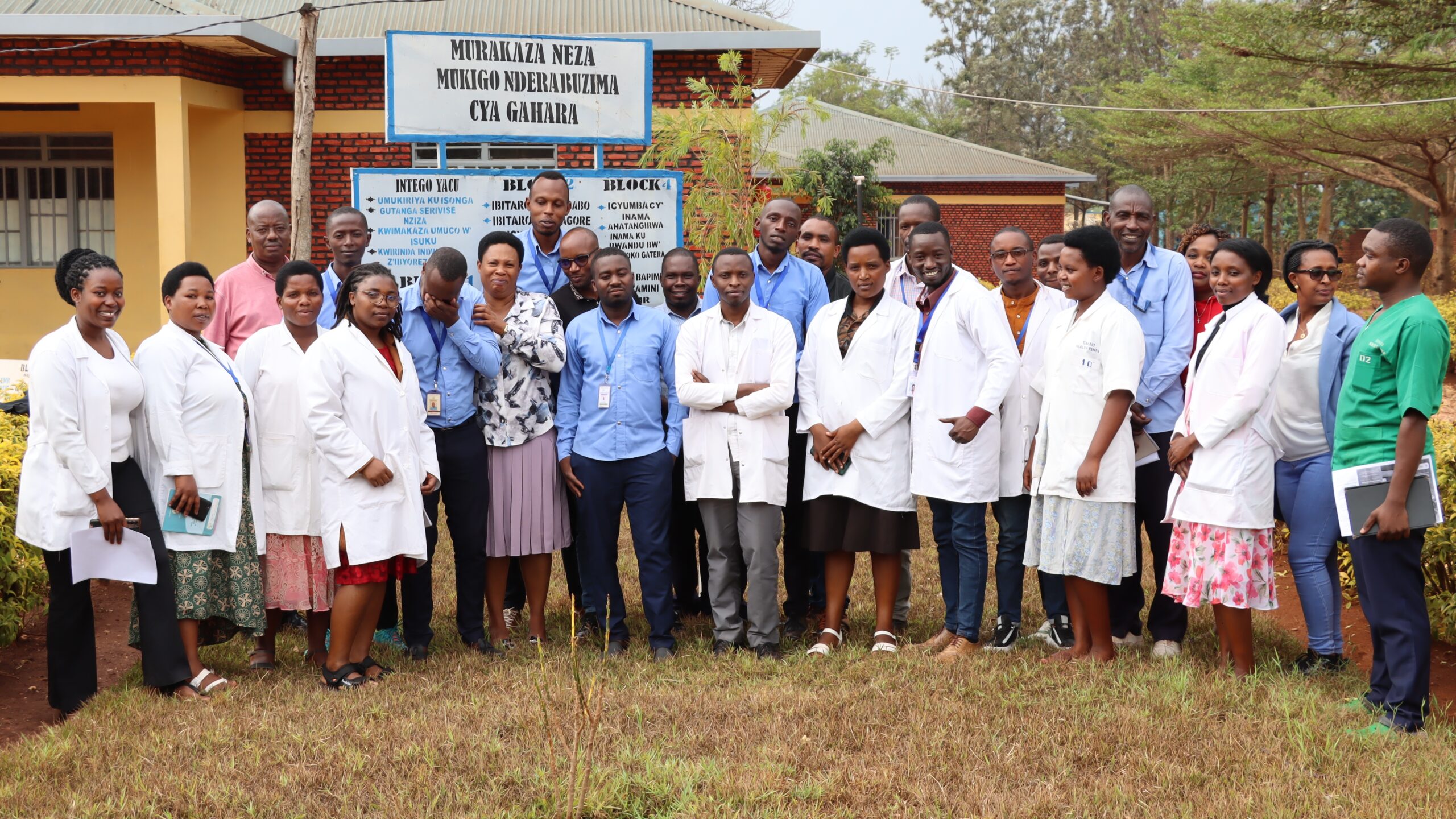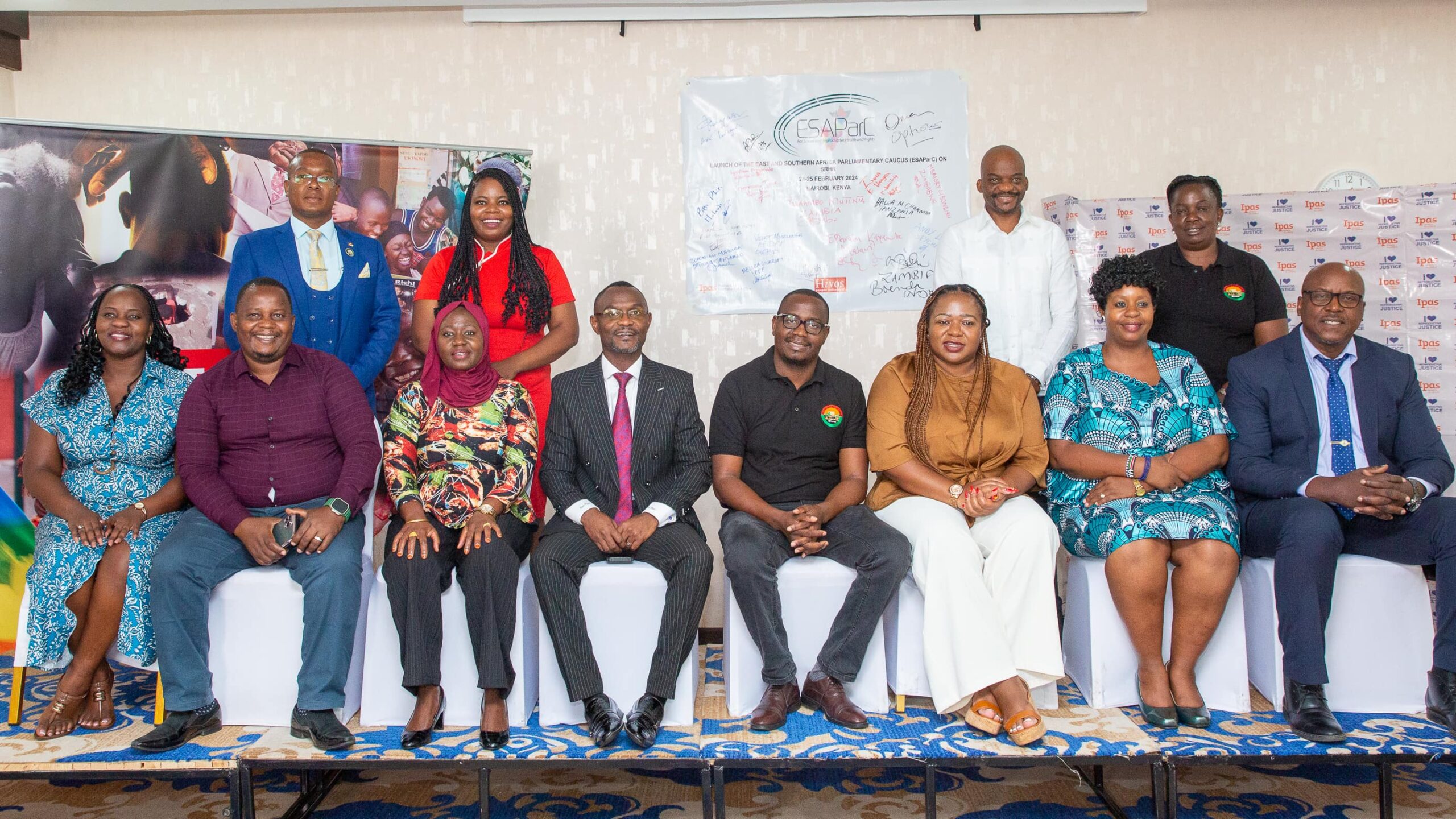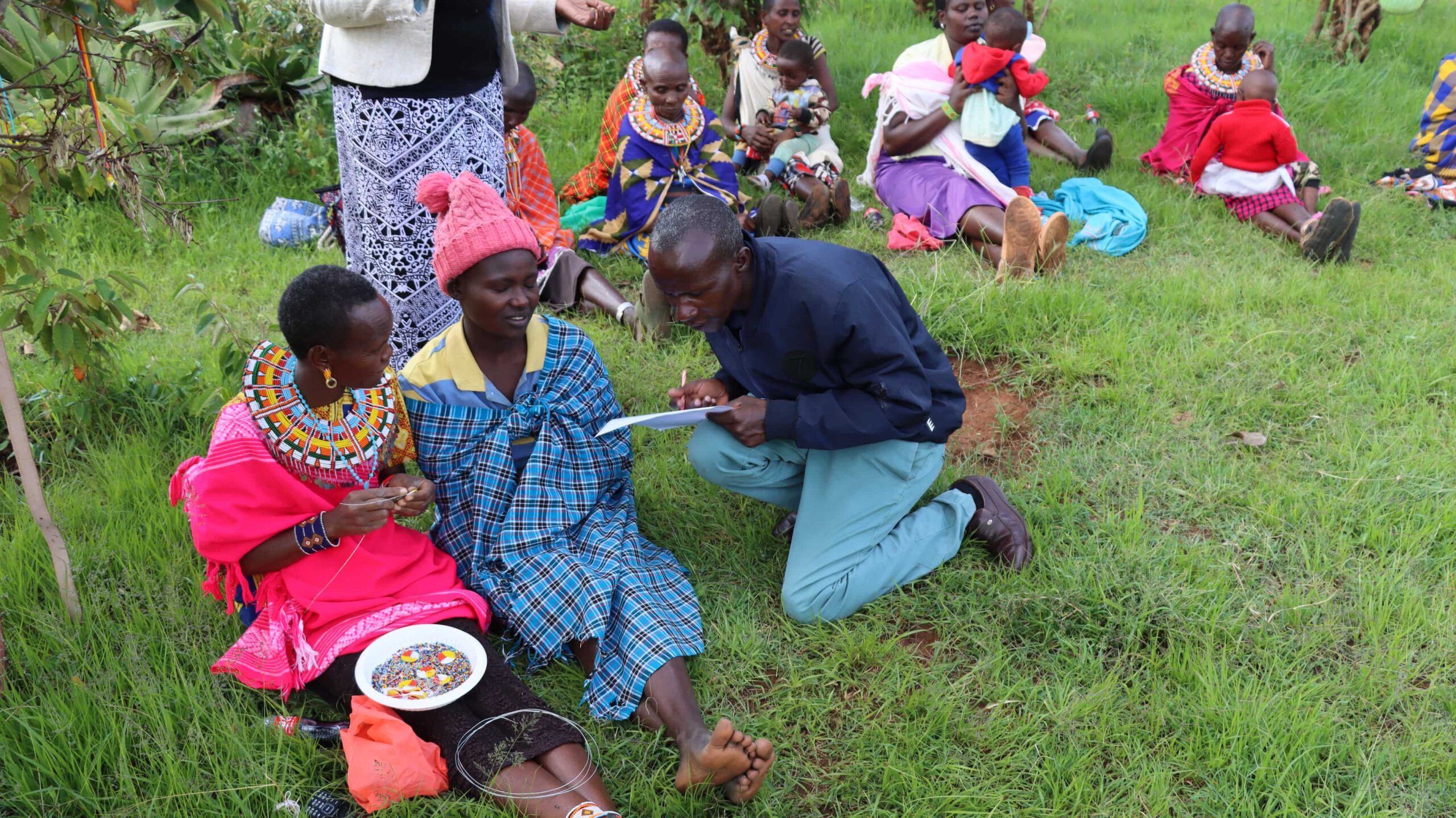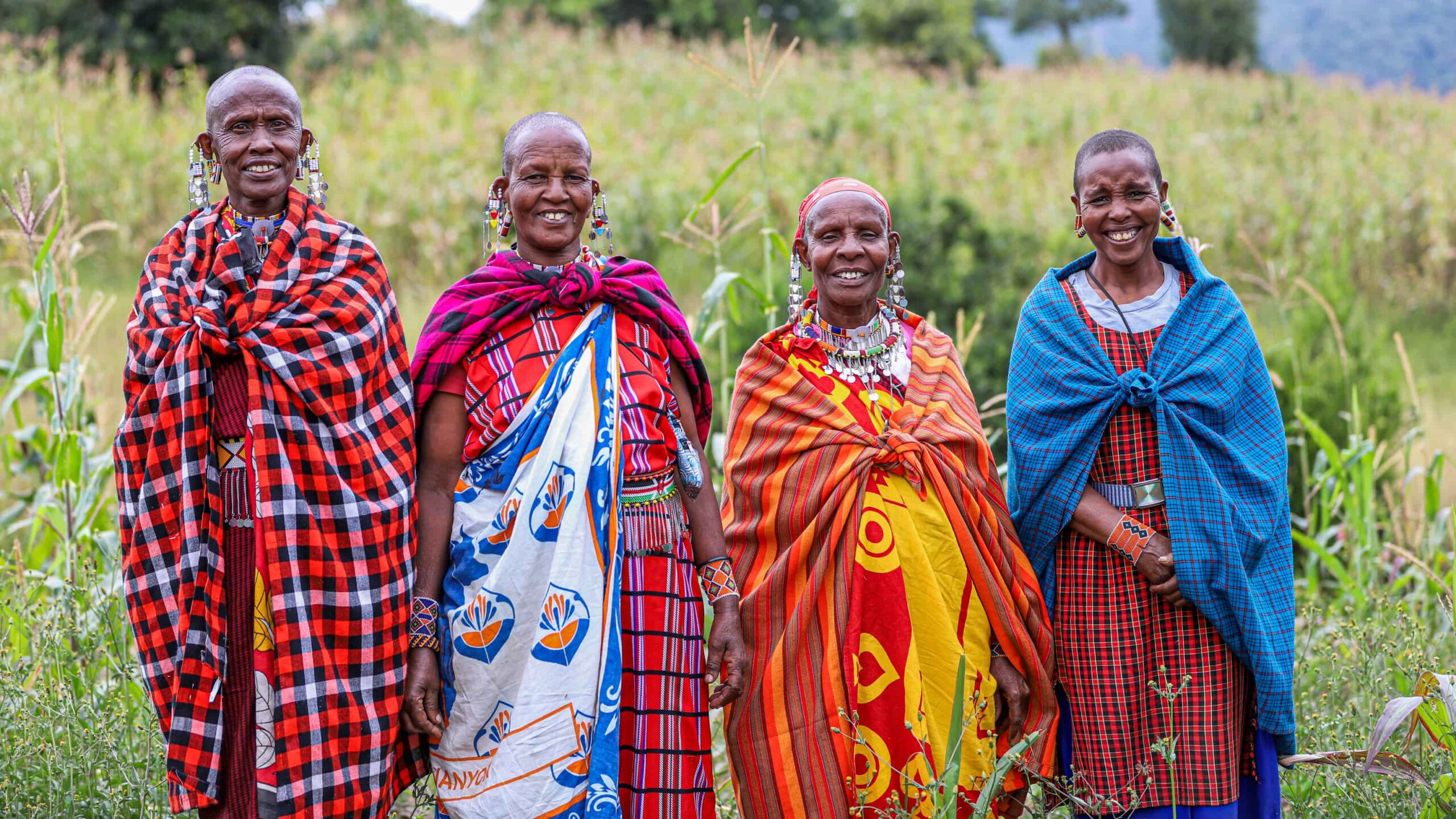In Kenya, unsafe abortion has long been recognized as a leading cause of death and injury for women. Under the new Kenyan constitution, abortion is legal under certain circumstances, but many providers have still not been trained in safe abortion care, and women continue to seek unsafe procedures and suffer complications. In neighboring Uganda, abortion-related causes account for 26 percent of maternal deaths, and most women who have abortions undergo unsafe procedures.
Driven
We are impatient for a world where women and girls’ sexual and reproductive rights are fully realized and unsafe abortion no longer exists. We are focused and disciplined in our mission.
We make the most of our time, energy and resources and push ourselves to keep moving forward despite obstacles. We don’t let the perfect be the enemy of the good because we need safe abortion today. We care deeply about the impact and quality of all that we do.
Principled
We believe sexual and reproductive rights are basic human rights. Access to safe abortion is an integral and unassailable part of those rights. Safe abortion is also a fundamental part of basic health care. Our work on safe abortion promotes gender equity. Our actions are founded on these core beliefs. We have integrity when we do not compromise these principles and when we trust in women’s decisions.
Bold
We are unapologetic and unconditional in our commitment to a woman’s right to bodily autonomy. We solve problems through creative thinking, curiosity, and we challenge assumptions that might otherwise limit us. We make decisions based on experience and evidence and feel safe in taking calculated risks both in our communication and our action.
We always seek to challenge our own biases and assumptions and we are not afraid to create new pathways for women to exercise their right to safe abortion. We believe that this requires honest, direct communication and we are not afraid to tell the truth. We are also not afraid to laugh at ourselves and have moments of joy in our work.
Interdependent
Our goals are ambitious and larger than us. We are devoted to advancing the abortion field and the rights of women, not just Ipas. We share information, expertise and responsibility, and we strengthen our entire field as a result. We have a collaborative spirit and recognize when we are stronger together. We respect our colleagues, internal and external, by giving each other the benefit of the doubt and celebrating and supporting the work of others.
Impact in 2023
people received abortion at Ipas-supported facilities in Kenya
people received contraceptive services at Ipas-supported facilities in Kenya
abortion self-care access points in Kenya supported by Ipas
people received abortion at Ipas-supported facilities in Uganda
people received contraceptive services at Ipas-supported facilities in Uganda
abortion self-care access points in Uganda supported by Ipas
Guiding Principles
Ipas Guiding Principles represent the key “drivers” toward sustainability of reproductive justice mechanisms in Africa. These drivers apply to all Ipas interventions in recognition of their underlying importance in informing our work.
Woman-Centered (with increased emphasis on abortion self-care)
We must understand and improve the reproductive justice ecosystem based on what women and girls want and need. New trends such as self-care and emerging issues such as the effect of the COVID-19 pandemic on health systems, take center-stage in responding to the women and girls needs. It is likely that resilient women and girls have already found solutions or workarounds to meet their reproductive health needs when stakeholders and systems around them fail. We will learn from them, and by centering women and girls in the ecosystem, we can more clearly understand the environment in which they are making reproductive health decisions. We are currently strengthening our gender and stigma analysis and strategies given global and local trends—this will inform all aspects of our work, especially woman centeredness.
Human Rights and Equity
Individuals must know where and how to access abortion and contraception, with information. Human rights are universal and indivisible. Our approach requires human rights-based analyses, framing and implementation strategies that are tailored for the local context and regularly reflect an understanding and prioritization of human rights principles, especially equitable access to reproductive health services, including safe abortion care, for all who need it. about options, including abortion self-care. They also must feel supported in their decisions and have the confidence to access services when they need them.
Local Expertise
Without local expertise to guide progress, a reproductive health care ecosystem will not survive. Our programs will regularly offer technical support, assistance and capacity-strengthening where it is needed for local partners and stakeholders.
Partnership and Collaboration
To ensure the ecosystem can maintain a solid network of relationships, effective partnerships and collaboration over the long term, it is crucial that we collaborate early and often with key partners for strategic planning and to inform our evolving intersectional approach.
Ownership and Accountability
Successful approaches to ownership and accountability will mean bringing policymakers and health authorities into the planning and implementation process early to ensure their buy-in from the start; it will also mean working with local communities, health professional associations and human rights bodies to hold these stakeholders accountable to meet the needs of the individuals being served.
What We Do
Community Engagement
We empower our community by equipping them with knowledge, confidence and the social support needed to make informed reproductive healt decisions.
Health System Strengthening
Ipas Africa Alliance envisions strong, inclusive, resilient health systems that ensure and integrate coverage, access, and use of quality, person-centered sexual and reproductive health, and rights (SRHR) services into universal health coverage.
Policy & Advocacy
The Ipas Africa Alliance Policy and Advocacy Unit has the primary objective of ensuring strengthened laws and policies in support of reproductive justice at the national and regional level.
Research & Evidence Generation
Ipas Africa Alliance (AA) value the contributions of research towards finding solutions to sexual and reproductive health (SRHR) issues affecting women and girls.




